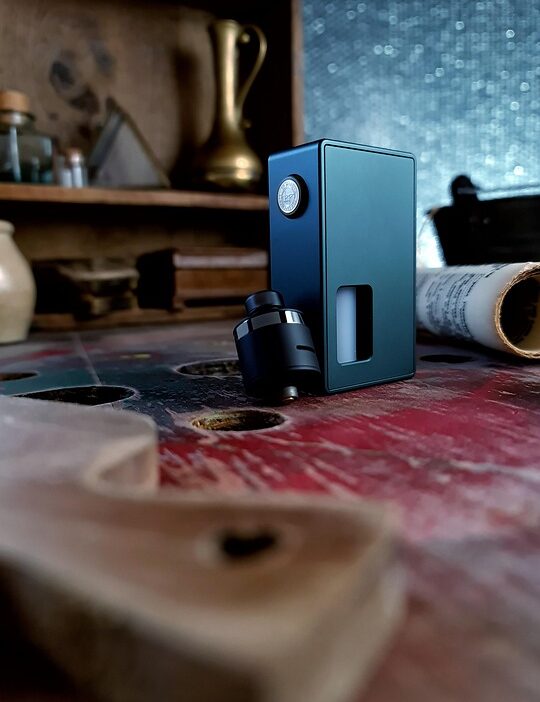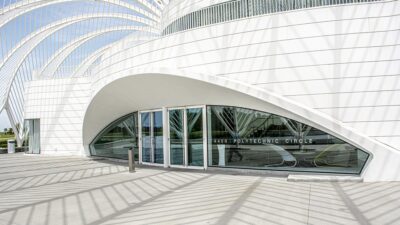In the sprawling universe of video gaming, innovation often blossoms in unexpected places. One of the most vibrant and dynamic ecosystems dedicated to this innovation is the modding community. This interconnected network of passionate creators consists of gamers, developers, artists, and writers who come together to breathe new life into existing games. From simple cosmetic changes to intricate gameplay overhauls, the modding community embodies a convergence of creativity and technological prowess that continuously shapes the gaming landscape.
A Brief History of Modding
Modding, short for modification, has roots that trace back to the early days of video games. Initially, players engaged in simple hacks—tinkering with game files to adjust difficulty levels, change textures, or unlock hidden features. As technology advanced, so too did the complexity and scope of mods. Titles like "Doom" and "Quake" became platforms for budding coders and artists to showcase their talents, laying the groundwork for a thriving industry.
The rise of user-friendly modding tools has democratized the development process, enabling anyone with a passion for gaming to dive in. As engines like Unity and Unreal grew popular, the barrier to entry lowered, fostering a surge of creativity that laid the foundation for today’s expansive modding landscape.
Driving Innovation
At the heart of the modding community lies an insatiable appetite for innovation. Mods introduce new mechanics, stories, and graphical improvements that often extend the life of games long past their original release dates. For instance, "The Elder Scrolls V: Skyrim" has become notorious for its extensive modding community, which has created everything from graphical overhauls to entirely new quests and factions. These modifications not only enhance gameplay but also foster a culture of collaboration where ideas are shared, refined, and expanded upon.
Game developers increasingly recognize the value of mods. Titles like "Minecraft" have thrived on their communities’ creativity, and developers often actively support modding through the release of SDKs (Software Development Kits) and open forums. This symbiotic relationship benefits both parties: players enjoy enriched experiences, while developers bolster their titles’ longevity and create dedicated fanbases.
Passion Projects and Personal Expression
Modding isn’t solely about gameplay—it’s an artistic expression that allows individuals to share their unique perspectives and stories. Whether it’s a beautifully crafted environment, a compelling narrative, or even a humorous twist on existing content, the modding community showcases the diverse talents of its members.
Projects can range from serious endeavors, such as the "DayZ" mod for "ARMA 2," which transformed the military simulation into a survival horror experience, to lighthearted mods like "Super Mario Maker," allowing players to design and share their own levels. This breadth of creativity is a testament to the collaborative spirit of the modding community, as many share their work for free, empowering others to build upon it.
Challenges and Controversies
Despite its many benefits, the modding community is not without challenges. Issues surrounding copyright, intellectual property, and the fine line between inspiration and imitation often arise. Developers sometimes impose restrictions on mods or file lawsuits when modifications venture too close to infringement. This tension highlights the need for a balanced dialogue between creators and corporations, ensuring that innovation does not come at the expense of rights.
Moreover, the rise of platforms like Steam Workshop and Nexus Mods has created additional complexity. While they provide a centralized space for sharing and downloading mods, they also introduce questions about monetization and the commercial exploitation of community content. Navigating these waters requires fidelity to the community ethos that initially inspired creators to share for passion rather than profit.
The Future of Modding
Looking ahead, the future of the modding community is as bright as ever. With advances in technology, such as artificial intelligence and virtual reality, the potential for innovative mods is vast. As game engines become increasingly powerful and accessible, creators will continue to push boundaries, crafting experiences that redefine how we think about gaming.
Emerging trends like procedural content generation further blur the lines between game development and modding. Players may shift from merely modifying existing content to creating entirely new worlds and narratives, leading to a more collaborative ecosystem of creators.
Conclusion
The modding community represents the heart and soul of gaming culture. It is a testament to the power of creativity, passion, and collaboration, transforming simple games into extraordinary experiences. As both players and developers embrace this spirit, innovation will continue to flow, ensuring that gaming remains a dynamic and transformative medium. In the modding community, the only limit is the imagination—the canvas is vast, and the possibilities are infinite.


